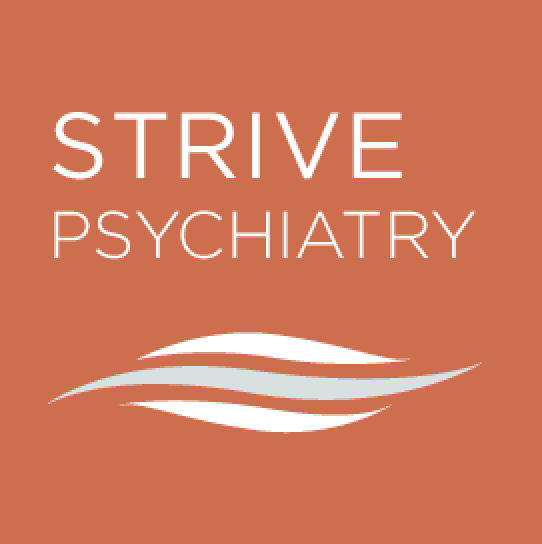Post Traumatic Stress Disorder (PTSD) is a mental illness that can develop after an individual endures a traumatic event. Traumatic events include witnessing or experiencing acts of violence, surviving a disaster, or recovering from a life-threatening illness. This condition can also result from an experience of abuse or rape. PTSD can affect individuals of any age, though the symptoms manifest differently in the case of children.
Those with PTSD have recurring intrusive thoughts and flashbacks related to this trauma. This can lead to numbness, avoidance behaviors, and angry outbursts, as well as persistent feelings of losing touch with reality. It is not uncommon for those with PTSD to have a coexisting disorder such as anxiety or depression. Thankfully, modern treatments help to ease symptoms and improve overall wellbeing for those affected by Post Traumatic Stress Disorder
